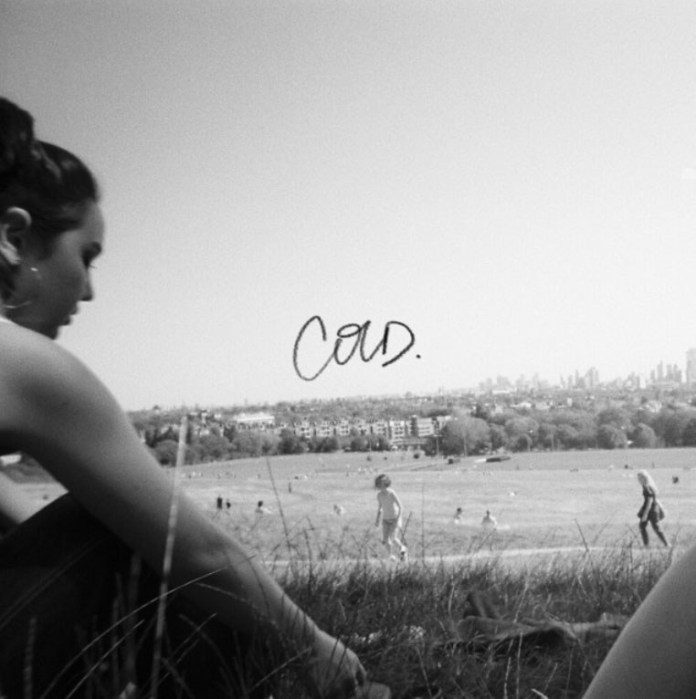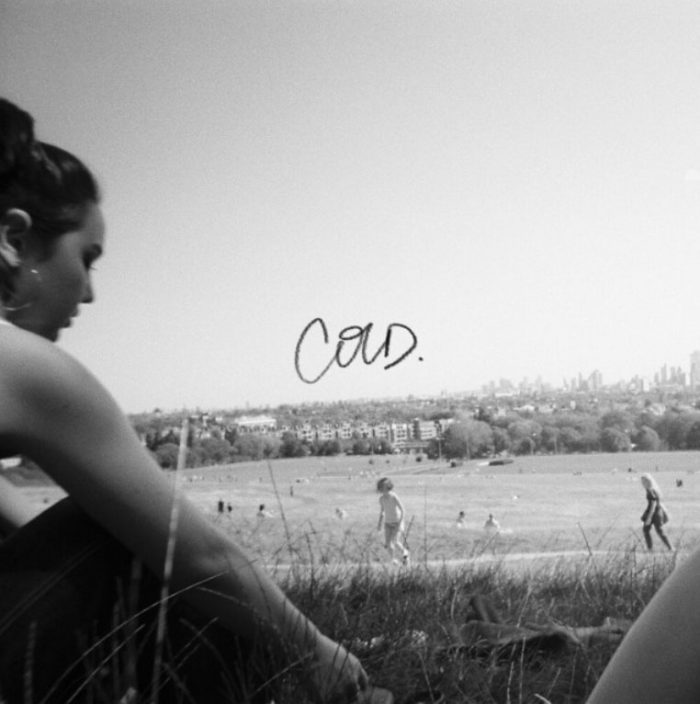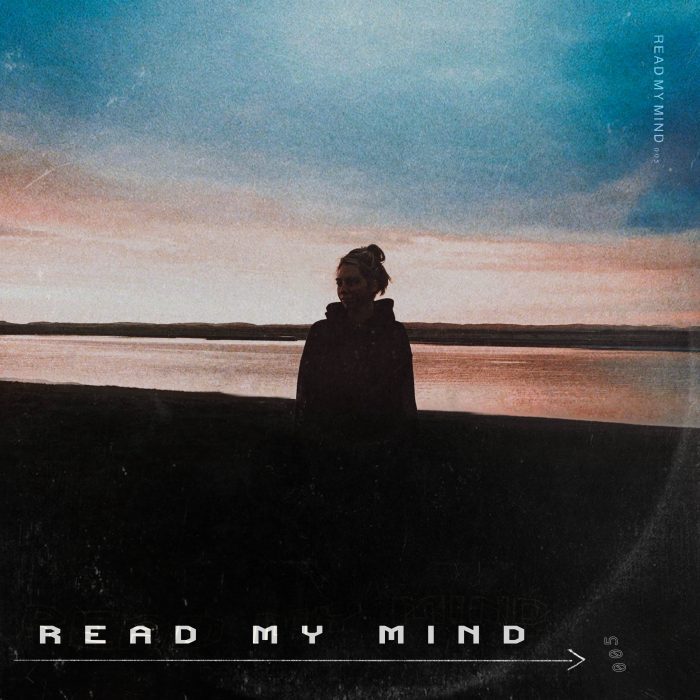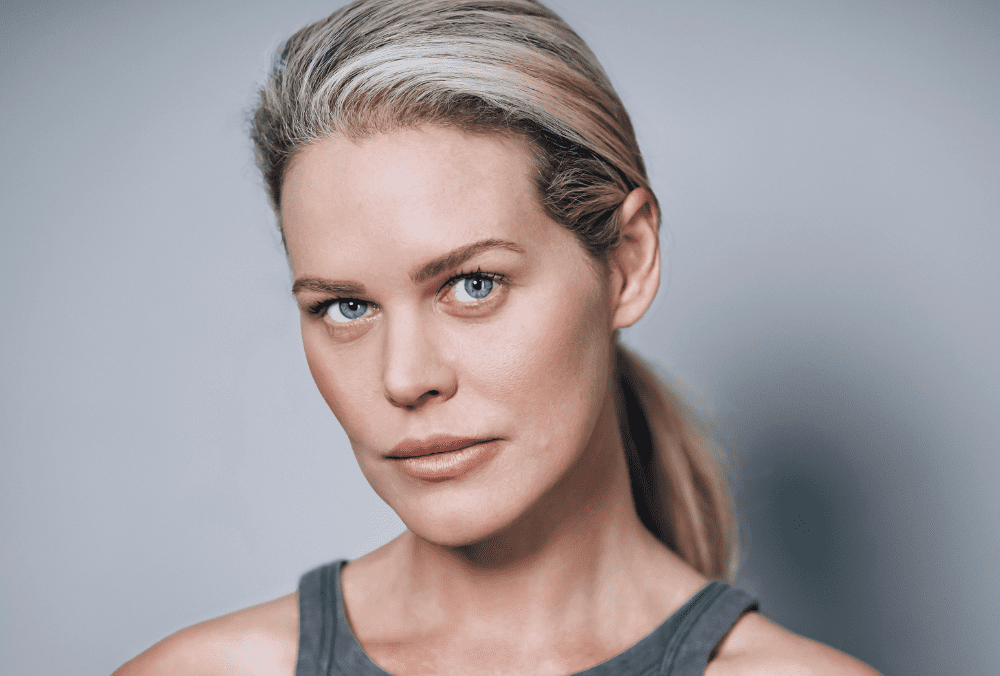
Cold is for those days on the cusp of winter, when the cool autumn breeze makes way for icy sheets of water. The trees are almost barren now, their dried red leaves littered across the sidewalk in crunched-up speckles. When you walk outside, the overcast sky starts to look more and more like a second nighttime, and you can almost imagine stars (is the moon still up, too?) faintly glowing under the veil of grey wisps. There, among the morning clouds, is where you seem to hear Lucy Park’s voice, a celestial body of its own floating alongside sonar pings, harp glissandos, and the softest tissue-delicate string section I’ve ever heard (volume up around 1:30/the second verse). And yet…she sounds so human: the way she twinges as she sings, “I can’t help it,” as if the act of loving itself were too much to handle; how she tries to have faith in the relationship (“Baby, prove me wrong”), but only sees failure (“I say you ain’t man enough”). Romantic conflict has rarely been so cosmic, comfortable, and catchy all at once, and beauty rarely so bittersweet. So much of quarantine has been spent in silence — for time and lives lost, the grievance of possibilities, a moment of introspection — but Cold might be the reason to sing again, even as the wind turns to rain.







